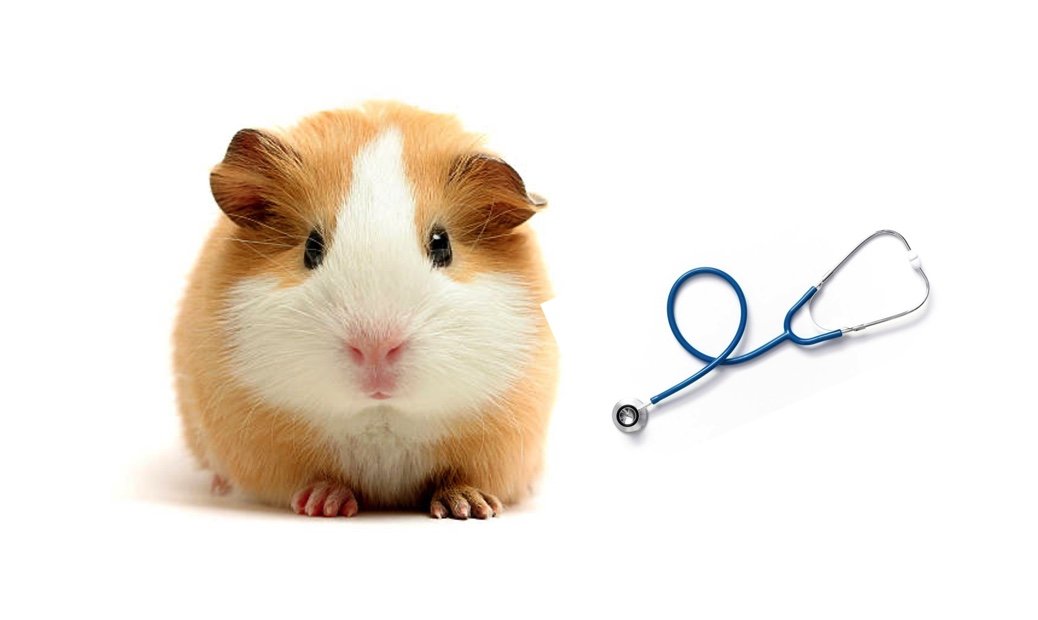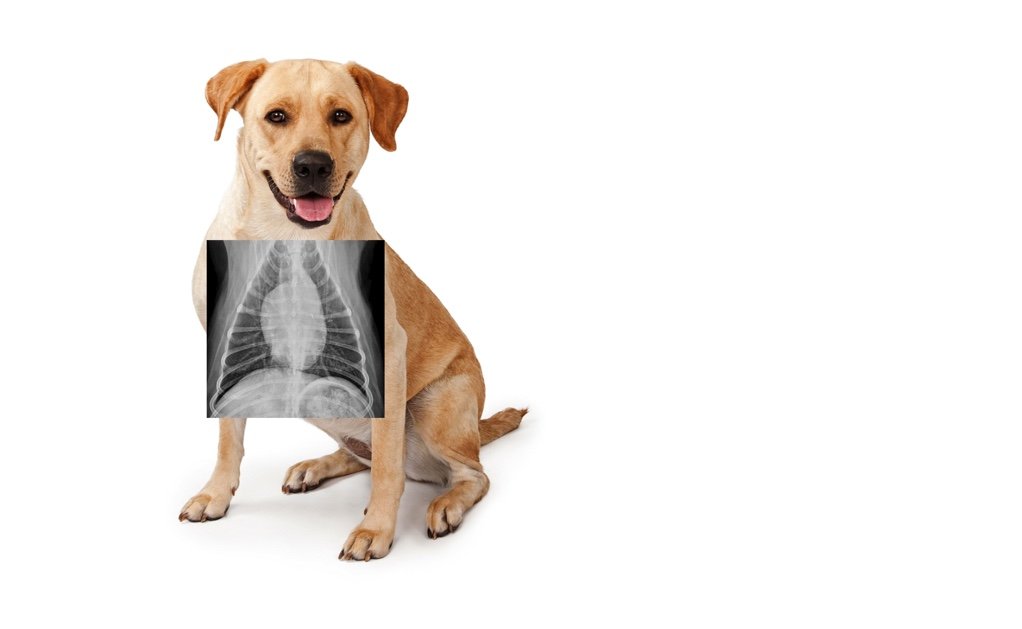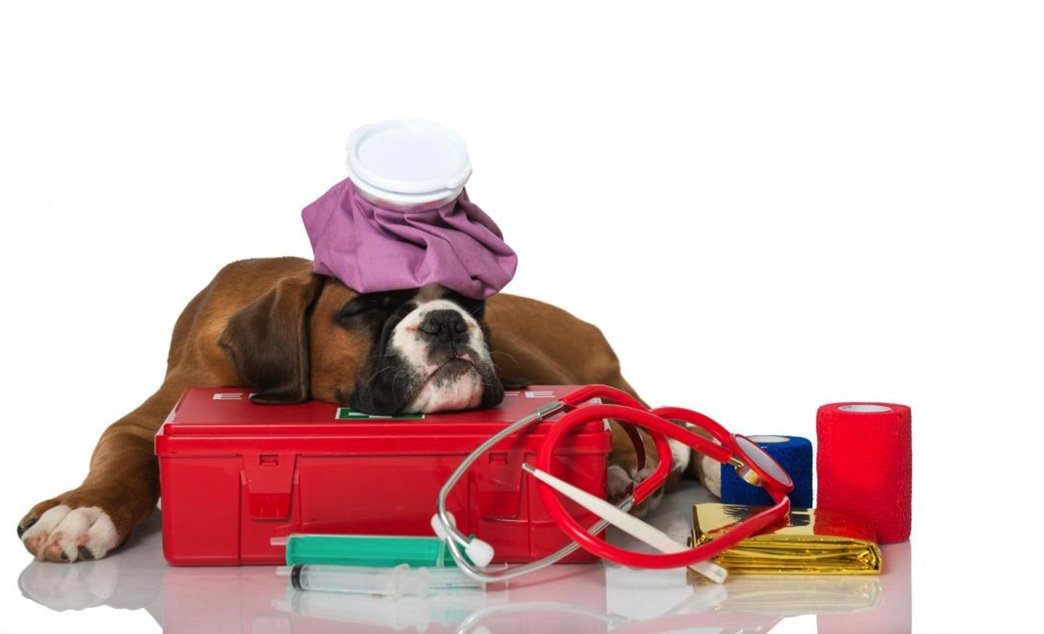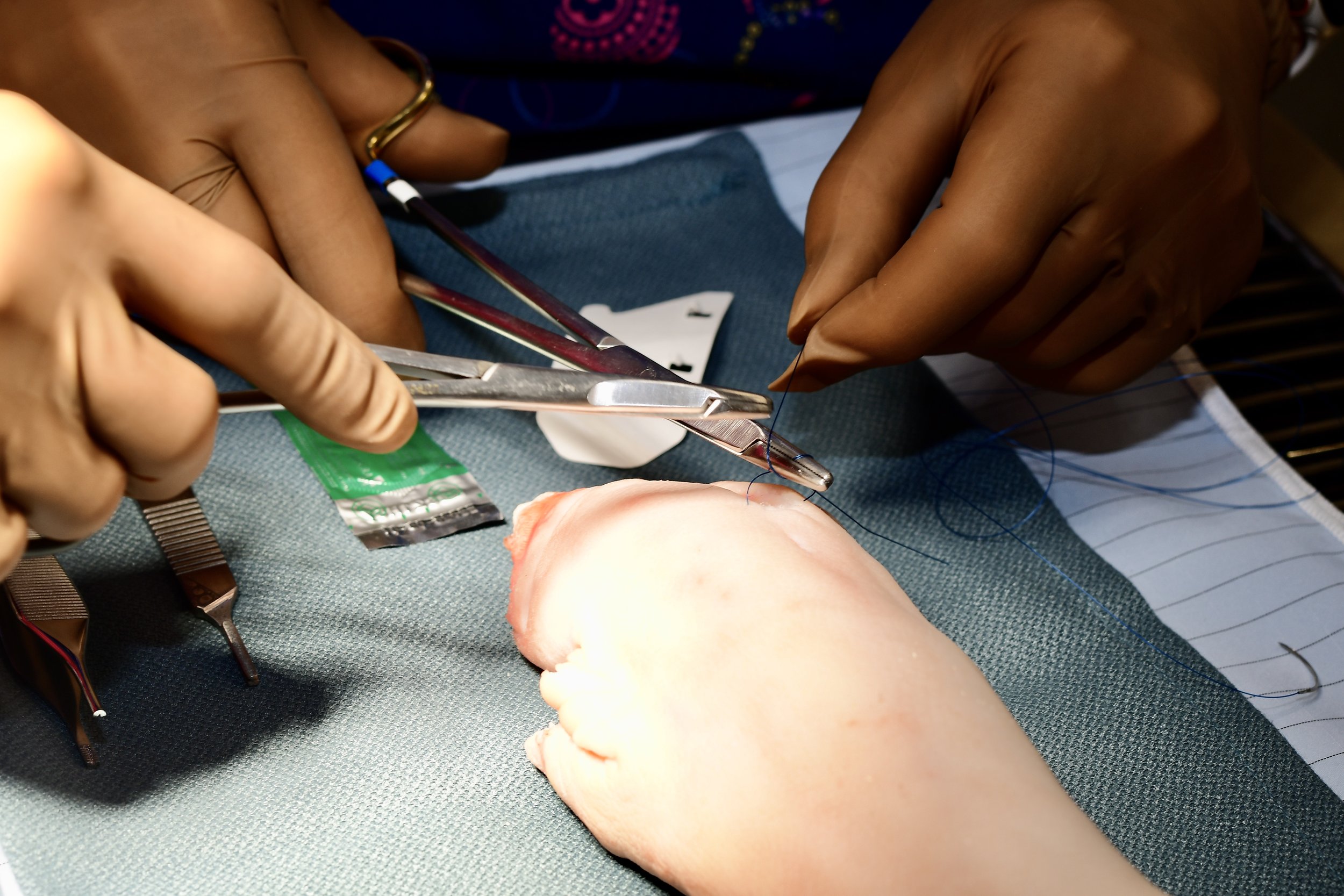Course Curriculum
Course: ITVT - Introduction to Veterinary Technology (8 Hours)
Welcome to the first course at VTNA: Introduction to Veterinary Technology. This course introduces the fundamentals of veterinary technology and its relationship to veterinary practice. Topics discussed include professional ethics, career opportunities, veterinarian-client-patient-relationships, client communication, medical terminology, and medical records.
Course: APL - Anatomy and Physiology (40 hours)
Anatomy is the study of the structure of living things. Physiology is the study of the way body parts function—what they do and how they work. This course will discuss the principles of biology, body organization, metabolism of cells, tissues, and organs systems, including the respiratory, digestive, skeletal, muscular, reproductive, genitourinary, and cardiovascular systems. To become a skilled and qualified veterinary technician, the information you'll learn in this course is essential. Understanding the anatomy and physiology of the animals in your care will allow you to communicate with veterinarians and other team members more successfully.
Course: VNL – Veterinary Nursing and Care (57.5 hours)
This course is a study of the technical skills of hospital maintenance and disinfection; general patient care; clinical nutrition; medicating animals; exam room techniques; zoonotic diseases; and human health hazards associated with veterinary medicine. Topics discussed in lecture: dog and cat behavior, low stress handling, preventative medicine, neonatal care, diagnostic sampling and techniques, and discussion of euthanasia. Material covered includes the etiology, pathogenesis, pathophysiology, and clinical signs of each disease. This course also contains disease/condition-specific nursing care, treatments, or diagnostic test methods for small and large animals.
Course: PHARM - Pharmacology (49 hours)
This course provides veterinary technician students with instruction in the study of drugs and medical substances of veterinary medicine. Topics discussed include basics of general pharmacology, mathematic affecting dosage, routes and techniques of drug administration, systems of measurement and conversion, governmental drug agencies, and formulation of drugs. Also discuss are the characteristics, classification, usage, storage, and recordkeeping requirements of drugs used in veterinary medicine.
Course: LP - Laboratory Procedures (36 hours)
This course emphasis is placed on microscopy, interpretation of microscopic observations, and laboratory safety. Collection of quality samples, appropriate sample handling and test protocols will be discussed. Laboratory procedures performed will include clinical biochemistry, cytology, hematology, parasitology, and urinalysis.
Course: ANEST - Anesthesia (25 hours)
Veterinary anesthesia and analgesia are necessary to satisfy the growing expectations of both the veterinary community and animal owners to optimize health care of our animals in the future. Knowledge of proper anesthetic protocols is vital to your role as a veterinary nurse. This course will focus on preanesthetic equipment and preparation, different anesthetic agents, and inhalation anesthesia. The course will also cover anesthetic equipment, intubation, anesthetic monitoring, electrocardiograms (ECC), patient recovery, and medical calculations that relate to anesthesia and anesthetic monitoring. A critical part of this course is focused on how to handle anesthetic emergencies and the importance of critical problem solving.
Course: SN - Surgical Nursing (25 hours)
This course focuses on nursing care of dogs and cats to include fluid therapy principles and procedures, anesthesia monitoring devices and proper use and identification of suture material and patterns. Included are methods for sterilization of surgical equipment, identification of surgical equipment, and procedures for preparing patients and veterinary personnel for surgical procedures and assisting in surgical procedures. Students will all learn the importance of proper aftercare for veterinary surgical patients and client communication.
Course: DI - Diagnostic Imaging (9 hours)
This course provides essential information for a veterinary technician to produce diagnostic radiographs. The student will learn how to correctly position a patient, calculate exposure values, expose radiographic film, and process radiographs of diagnostic quality for the veterinarian to examine. Other topics include patient/staff safety, ultrasonography, contrast studies, and digital radiography.
Course: DENT - Veterinary Dentistry (30.5 hours)
Teeth and mouths are windows into a pet’s health. This course is an intensive study of modern dentistry techniques for small animals. Components of the course cover different areas and core concepts of veterinary dentistry. This course will guide you through dental anatomy and terminology, history taking and physical examination. It will cover dental pathology and dental prophylaxis. Other lessons will include dental charting, radiography, and exodontics.
Course: EMCC - Emergency Medicine and Critical Care (17.5 hours)
This course emphasizes the different aspects of assisting the veterinarian in the management of medical and traumatic emergencies. Recognition and assessment of gastrointestinal emergency, cardiovascular shock, respiratory crisis, and musculoskeletal trauma. Follow the proper protocols for administering fluid therapy and emergency drugs for patients that are in i.e., shock, cardiopulmonary arrest, gastrointestinal crisis, wounds, and fractures, toxicoses, and dystocia. Nutrition of critical care patients. Maintenance of emergency medical equipment and supplies.
Course: PMA – Pain Management and Analgesia (12 hours)
This course discusses the importance of animal pain management, providing specific approaches to managing pain in a wide variety of veterinary conditions. Emphasizing the technician's role in advocating for the patient to help manage pain in dogs, cats, horses, and livestock. With information on recognizing and understanding pain, the physiology of pain, pharmacology, and analgesia in different settings.
Course: VTNEPREP - Veterinary Technician National Exam Preparation (13.5 hrs)
This review course is designed to assist those preparing to sit for the Veterinary Technician National Examination. With emphasis given to each of the nine domains of the exam, the student will receive detailed review material, and many practice questions. Students will also learn about prerequisites for exam eligibility and application procedure, exam layout and structure, and question analysis strategies
Course: Clinical Skills Mentorship
VTNA has included a Clinical Mentorship program into our Alternate Route Program that is designed to allow the student to document acquisition of technical skills to the level required to be a highly skilled Registered Veterinary Technician. Students may need to utilize more than one veterinary facility to meet the species requirement. Any clinical skills not completed at the students mentorship site may be completed at a scheduled workshop at All God’s Creatures Teaching Hospital & Surgery Center.













